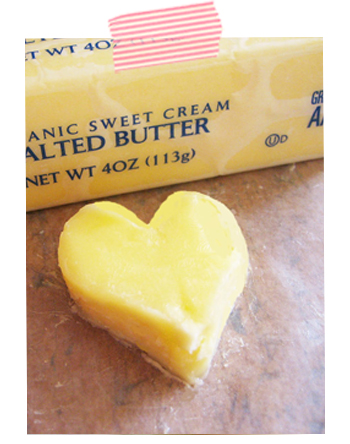Olive Oil
 Often the simplest and purest products are the best. Olive oil, it turns out, is evidence to that rule.The top three countries producing olive oil on the market today are Spain, Italy and Greece, in that order. But interestingly, the Greeks, though they produce far less oil than the Spanish or Italians, consume almost as much as the other two cultures combined!
Often the simplest and purest products are the best. Olive oil, it turns out, is evidence to that rule.The top three countries producing olive oil on the market today are Spain, Italy and Greece, in that order. But interestingly, the Greeks, though they produce far less oil than the Spanish or Italians, consume almost as much as the other two cultures combined!
So much has been written and talked about regarding fats in our diets. Are they good or aren’t they? If you eat them what kind is best? And what is the difference between regular olive oil and extra virgin olive oil? Is it just a label to allow the super markets to charge us more?
We don’t claim to be nutritionists or to have all the answers, but we can tell you this from our own research and personal experience, fresh, unmodified, organic products seem to be the best. They often have the best taste and are arguably the best for our health. Hey, we get enough additives and chemicals coming our way that we don’t know about and can’t seem to avoid anyway, so why knowingly consume them or give them to our children or grandchildren?
According to one expert on nutrition: “Olive oil is very high in monounsaturated fats and contains a modest amount of vitamins E and K. True extra virgin olive oil is loaded with antioxidants, some of which have powerful health benefits.” The benefits of this wonderful fat are among the few things that most people in nutrition actually agree on.
So in answer to the question about Extra Virgin Olive Oil, here is the short simple answer: Extra virgin olive oil (or EVOO as it is sometimes referred to) is simply the oil that is produced when olives are crushed. Olive millers used to use granite cones to grind the olives into a paste that would then be pressed for its oil. But this isn’t seen much anymore, because the old process is costly, not to mention it’s a harsh and wasteful way to extract olive oil from olives. Nowadays, a process called “continuous cold extraction” is used instead. Olives are loaded into and rapidly spun inside a cylindrical, bladed hopper that chops the olives’ flesh while simultaneously centrifuging the oil and water away from the olives.
Many oils, olive oil and others, are produced by adding heat or chemicals to break down the substance that the oil is being extracted from. The heat changes the way the oil acts when we eat it and the chemicals used to break down the fruit (olives in this case) remains in the oil for our consumption. We say, “No thanks”. We’ll take ours as fresh and as pure as we can get it. Do we sometimes use it to cook with and thereby end up heating it ourselves? “Yes” is the answer. But we heat it, cook with it, and eat it right away. We don’t break down natural compounds in the oil and then leave it to sit on a shelf for weeks. Does that really matter? Well, we aren’t looking to find out. We like our Extra Virgin Olive Oil and we will just keep right on using it the way it comes, pure and simple 🙂
PS To our dear chums in Canada, Happy Thanksgiving to you! May the “oil” of gratitude be part of your every thought!








Comments are closed.